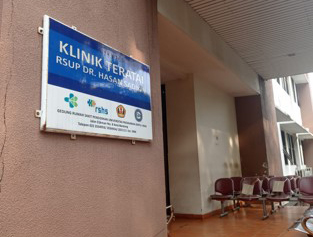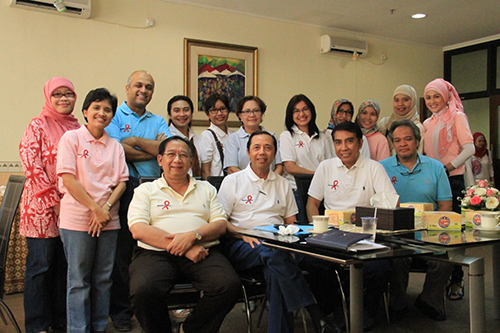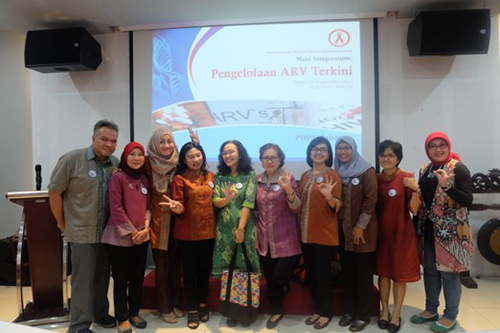New Pediatric HIV Site in Indonesia Joins TREAT Asia Research Network

TREAT Asia has added a new site to their pediatric HIV research program with the Kirby Institute, as part of the US NIH-funded International Epidemiology Databases to Evaluate AIDS (IeDEA) Asia-Pacific network. Dr. Hasan Sadikin Hospital is located in Bandung, Indonesia, and is the primary HIV referral center in West Java, the largest province in Indonesia with over 48 million people. “Klinik Teratai,” the hospital’s HIV clinic, has been operating since 2004, and provides care to over 100 children and adolescents and 2000 adults living with HIV.
The new HIV research collaboration will be led by Dr. Anggraini Alam, a Pediatric Infectious Diseases Consultant, who reflected that “joining the TREAT Asia pediatric HIV study will improve our data on pediatric HIV services.” She added her hope that “in the future, the services for children with HIV at Klinik Teratai can be increased, and contribute to better HIV care in Indonesia.” Efforts to add the new site to the network started almost two years ago. “We appreciate Dr. Anggraini’s persistence to make this collaboration possible, and look forward to enhancing how we represent HIV care outcomes of Indonesian children with HIV in our research,” said TREAT Asia Director and pediatrician Dr. Annette Sohn.
The hospital’s HIV care program was started in 1992 to deliver clinical services and support the hospital’s efforts to reduce stigma and discrimination among medical and non-medical staff against people living with HIV. Since that time, their HIV care team has conducted HIV awareness and stigma-reduction trainings for governmental and non-governmental agencies across West Java.
Klinik Teratai was set up to be a “one-stop clinic,” where comprehensive care can be coordinated. Services include voluntary counselling and testing, antiretroviral treatment management, prevention of mother-to-child HIV transmission, and treatment of other sexually transmitted infections. The clinic also has a communications team to disseminate knowledge about HIV across the hospital, and to the broader community and media.

Engagement and collaboration with local community-based organizations has been a high priority for their team. This was especially critical during recent and ongoing COVID-19-related lockdowns, when these organizations conducted outreach activities to help patients who were unable to travel to the clinic to access their medicines or receive face-to-face care.
Starting in September 2021, the hospital will contribute routinely collected medical data on children and adolescents under their care to a regional database for future analyses on long-term HIV treatment outcomes.

Share This:
